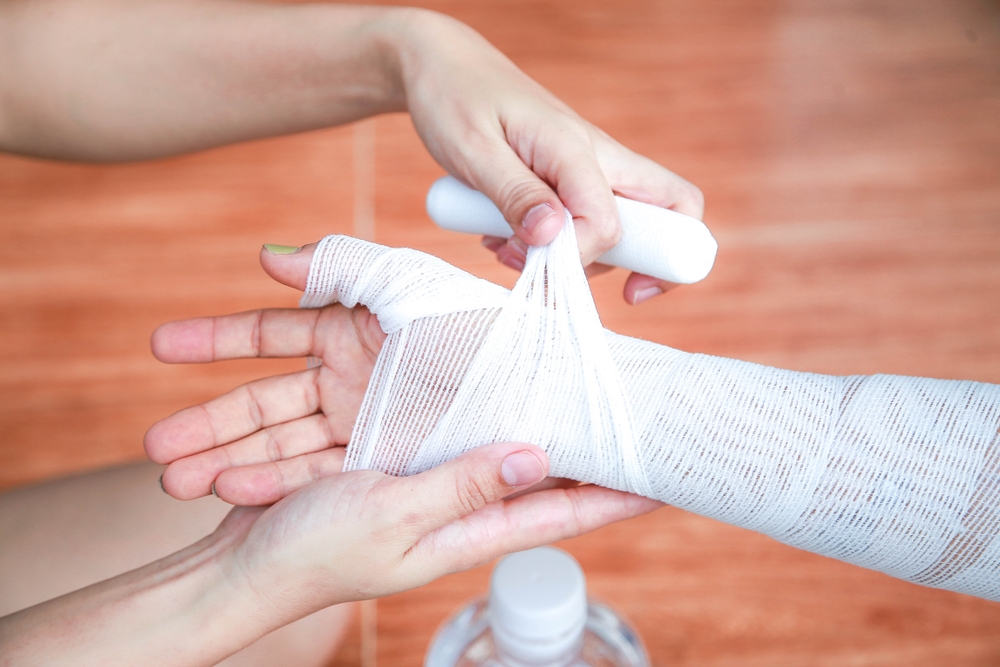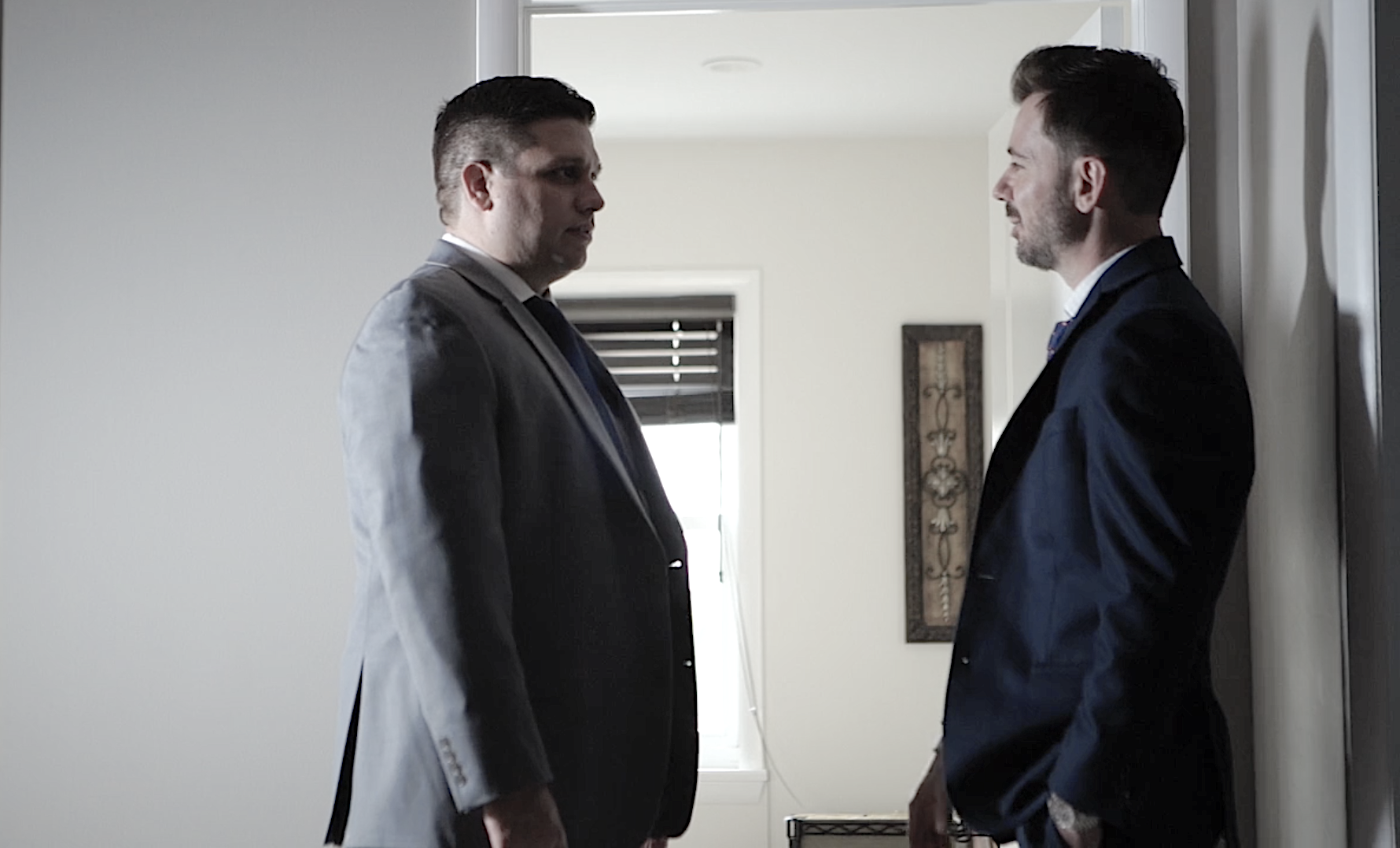
Burn injuries can be life-altering, leading to long-term or permanent scarring, disfigurement, disability, and a host of emotional and financial challenges. The aftermath often requires extensive medical treatment, rehabilitation, and sometimes ongoing care. If you've suffered a burn injury in New Jersey and are considering seeking compensation, understanding your legal rights and the process is vital.
At Camili & Capo, PA, we specialize in helping burn injury victims navigate the legal system and pursue fair compensation. This article provides essential insights into burn injury lawsuits in New Jersey, including when you can file a claim, how to prove negligence, and what damages you can recover.
Understanding Burn Injury Lawsuits in New Jersey
Burn injuries can occur in various situations and often result from another party's negligence or wrongful actions. Here are some common causes of burn injuries:
- Car Accidents: Vehicle fires can occur following crashes, particularly if there’s a fuel leak.
- Workplace Accidents: Burns can occur due to defective machinery, chemicals, or explosions.
- Defective Products: Faulty electrical appliances or poorly designed products can cause burns.
- Building Fires: Faulty wiring, lack of smoke detectors, or locked emergency exits can lead to severe injuries.
- Chemical Burns: Exposure to hazardous chemicals at work or in public spaces.
A burn injury lawsuit typically involves determining liability and establishing that the injury resulted from another party's negligence.
Proving Negligence in Burn Injury Claims
To win a burn injury lawsuit, it's essential to prove that the responsible party acted negligently. This generally requires demonstrating:
- Duty of Care: The defendant owed you a duty of care.
- Breach of Duty: The defendant breached this duty by acting negligently.
- Causation: The defendant's actions caused your burn injury.
- Damages: You suffered actual harm as a result of the injury.
When Can You File a Burn Injury Claim in New Jersey?
Statute of Limitations for Burn Injury Claims
In New Jersey, the statute of limitations for burn injury claims is generally two years from the date of the injury or accident that caused the burn. If you do not file a personal injury lawsuit within this timeframe, you may lose your right to seek compensation.
For workplace burn injuries, New Jersey law allows injured workers up to 90 days to report an accident to their employer, but some employers may impose shorter internal deadlines. If an accident isn't reported properly and on time, securing workers' compensation benefits may be more challenging.
There are exceptions to the statute of limitations, such as injuries involving minors, which may extend the filing deadline. If you're unsure about your specific situation or need help understanding your legal options, consulting an experienced personal injury attorney can ensure that you meet all reporting requirements and critical deadlines.
Determining Liability in NJ Burn Injury Lawsuits
Liability in burn injury cases can be complex. Potential defendants include:
- Employers: If the injury occurred in the workplace.
- Manufacturers: If a defective product caused the burn.
- Landlords: If negligent building maintenance resulted in the injury.
- Drivers: If a car accident led to the burn injury.
- Other Third Parties: Any other parties who directly or indirectly contributed to the injury.
Types of Damages You Can Recover
The compensation you can recover depends on the specifics of your burn injury and the degree of negligence involved. Some common damages include:
- Medical Expenses: Covering treatment costs, rehabilitation, and future care needs.
- Lost Wages: Compensation for lost income due to the injury.
- Pain and Suffering: Damages for physical and emotional trauma.
- Permanent Disability and Disfigurement: If the burn results in permanent impairment.
- Loss of Consortium: Compensation for the impact on family relationships.
Comparative Negligence in New Jersey
New Jersey follows the "comparative negligence" rule, meaning your compensation can be reduced if you're partially at fault for the injury. However, as long as you are less than 50% at fault, you can still recover damages.
Workers’ Compensation vs. Personal Injury Lawsuits
If your burn injury occurred at work, you may be entitled to workers’ compensation benefits. However, these benefits often do not cover the full extent of your losses. In some cases, filing a personal injury lawsuit may provide more comprehensive compensation, especially if a third party contributed to your injury.
Challenges in New Jersey Burn Injury Lawsuits
Burn injury lawsuits can be particularly complex due to several unique challenges:
- Severity and Nature of Injuries: Burns range from minor to catastrophic, and proving the long-term impact requires thorough medical documentation and expert testimony.
- Multiple Defendants: In cases involving workplace injuries, product defects, or building fires, identifying and proving negligence for multiple parties is challenging.
- Insurance Companies: Insurance adjusters often attempt to minimize settlements or deny claims entirely. Having an attorney negotiate on your behalf is crucial to ensure a fair settlement.
- Medical Expenses: The extensive and ongoing nature of burn injury treatment can result in significant medical bills. Determining the appropriate compensation involves calculating not just current but also future medical expenses.
- Emotional and Psychological Impact: Burn injuries often lead to severe psychological effects, including PTSD and depression, which are more challenging to quantify but must be considered in your claim.
Steps to Take After a Burn Injury
Seek Immediate Medical Attention
Getting prompt medical treatment is essential, both for your health and your legal claim. Medical records can serve as vital evidence linking your injuries to the incident.
Report the Incident
If the injury occurred at work, report it to your employer promptly. For injuries caused by defective products or negligent third parties, reporting the incident to the relevant authorities or property owner is crucial.
Gather Evidence
Collect any evidence related to the incident, including:
- Photos or videos of the injury and scene
- Witness statements and contact information
- Medical records and bills
- Accident or police reports
Consult a Personal Injury Attorney
Navigating burn injury lawsuits can be overwhelming without professional help. Consulting an experienced personal injury attorney can provide invaluable assistance in:
- Assessing the validity and potential value of your claim
- Handling communications with insurance companies
- Gathering crucial evidence
- Negotiating settlements
- Representing you in court if necessary
Contact Camili & Capo, PA Today to Schedule a Free Consultation
At Camili & Capo, PA, our dedicated and compassionate personal injury attorneys understand the profound impact a burn injury can have on your life. We are committed to helping injury victims navigate the legal complexities and secure the compensation they deserve. With our comprehensive legal support, we fight tirelessly for our clients, offering personalized attention, aggressive advocacy, and thorough investigation to build a strong case.
If you or a loved one have suffered a burn injury and need legal representation, contact us today for a free consultation. Let us help you navigate your personal injury case and fight for the compensation you deserve.

